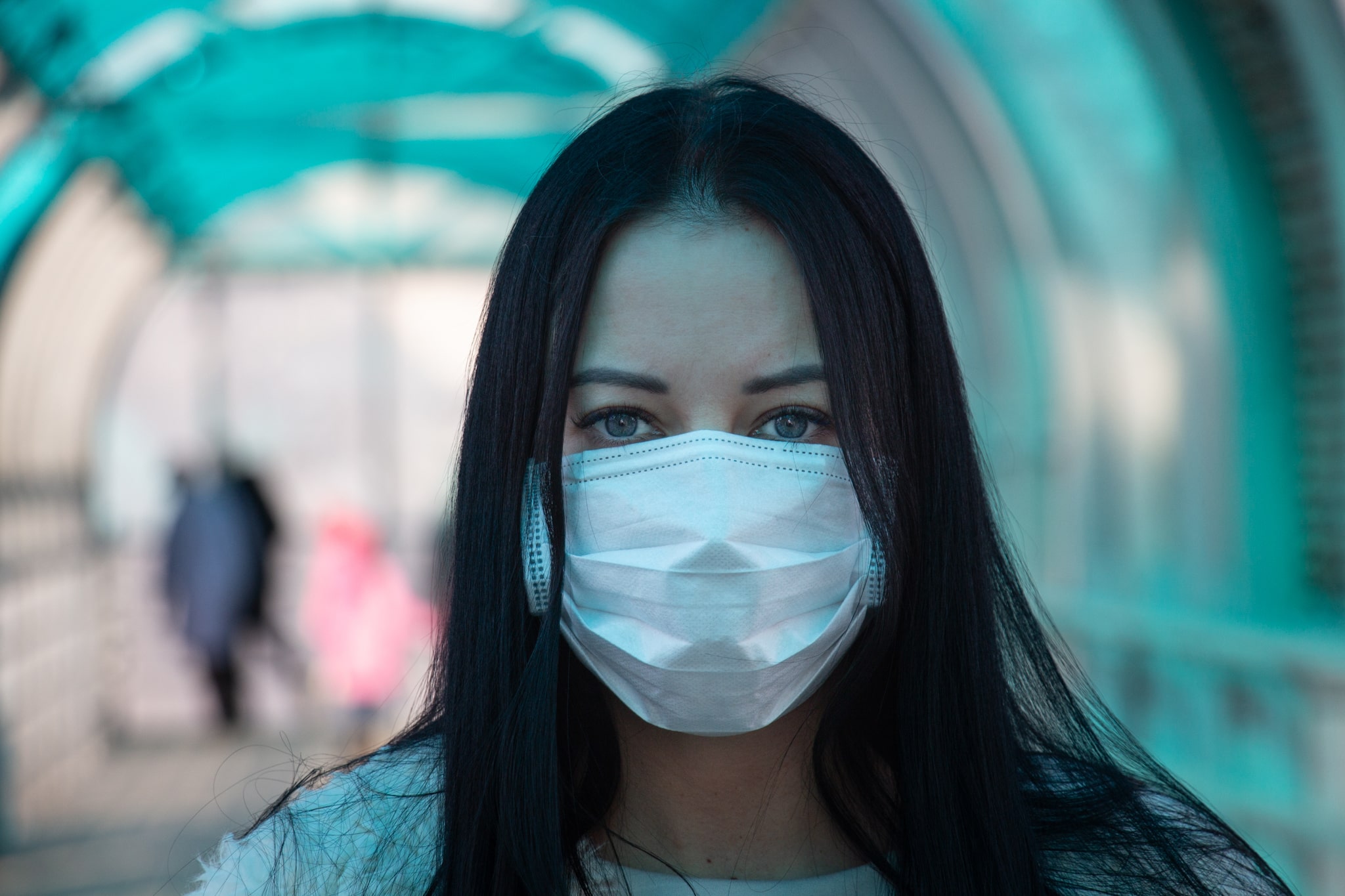Canada is the best destination for adventure and enjoyment. Regardless of whether it’s snowboarding and skiing in the Rockies or bear watching in the wilds of Ontario, Canada has everything to fulfill travelers who want to spend some time in nature. Toronto, Quebec City, Vancouver and Montreal are perfect for city breaks, with best quality food, entertainment and culture on offer. But with corona virus cases remaining high across the globe, the health official caution cautioned that travel increases your chances of getting and spreading the virus. So, you should be aware of certain things before visiting Canada.
Here`s what you’ll have to know and expect on the off chance that you want to visit Canada during the Covid-19 pandemic.
Canada may have fared in a way that is better than its neighbor to the south; however the nation keeps on reporting a huge number of Covid-19 cases each day. There are strict rules on entry for all, including Canadian residents and their family members. All the people arriving at Canada should quarantine for 14 days.
People older than 5 years flying into Canada are needed to give electronic or written documentation showing they got a negative result from a Covid-19 PCR or RT-LAMP test led within 72 hours before their scheduled boarding. Furthermore, on January 29, the Canadian government declared that most incoming travelers will be needed to take an additional Covid-19 test when they land and quarantine in a government-supervised hotel for as long as three days at their own cost while awaiting the results.
The hotel quarantine measures became effective on February 22. In the mean time, flights from Canada to Mexico and the sun-soaked Caribbean will be suspended through April. A for travelers arriving via land, as of February 15, all visitors (with some exception) were needed to give confirmation of a negative Covid-19 molecular test result taken in the United States within 72 hours of pre-arrival, or a positive test taken 14 to 90 days before arrival. On February 4, the Canadian government reported no cruise ships will be allowed to cruise in Canadian waters until at least March 1, 2022.
Travel restriction for permanent residents and citizens of Canada and are permitted to enter Canada, however they should quarantine for 14 days. Extended and immediate family members, including those without Canadian citizenship, can enter under any conditions as long as they are remaining in the country for over 15 days (they must likewise quarantine). Those coming for less than 15 days can only enter for an essential reason. All more distant family members (but not close family) should likewise have written permission from Immigration, Refugees and Citizenship Canada (IRCC). Only essential travel and traveling passengers are generally permitted.
On February 12, Canada announced additional testing and quarantine requirements for international travelers arriving in Canada via land and air. Just four major airports are accepting international flights: Vancouver, Calgary, Toronto and Montreal. As of November 21, all allowed arrivals should utilize the website to submit travel and contact information, a 14-day quarantine plan and a Covid-19 symptom self-assessment.
The quarantine plan should detail where you will remain, how you will arrive and how you will arrange for delivery of essentials, for example, medicine and groceries. Failure to stay to the plan can prompt a half year’s prison time and a CAD$750,000 (US$593,000) fine. Also, all arrivals are given a health screening by a boundary official to evaluate any symptoms.
Nobody should travel when sick. Business airline restriction may likewise keep you from boarding your plane in case you’re sick. Nonetheless, Canadians, people with status under the Indian Act and permanent residents who have COVID-19 symptoms are permitted to get back to Canada.
When entering Canada, you’ll be:
- Asked whether you have a fever, cough or trouble breathing
- Asked to show evidence of a negative COVID-19 molecular test result taken within 72 hours of your scheduled takeoff time
Needed to recognize that you should:
- Quarantine for 14 days in the event that you don’t have any symptoms or
- Isolate for 14 days in the event that you have symptoms
Know whether you have a perfect place/spot to quarantine or isolate:
- You’ll have access to essential necessities, including water, food, medicine and warmth throughout the winter months.
You will not have contact with individuals who:
- Are 65 years or older
- Have basic medical conditions
- Have undermined immune systems
You will not be in a community or group living arrangement such as:
- Industrial camps
- Student homes
- Construction trailers
- Long-term or residential care facilities
- Sharing a small apartment
- Living in same household with large number of family members or numerous individuals
- Having roommates who haven’t traveled with you that you can’t avoid
- Given directions about the action you should make under the emergency request and the punishments for non-compliance
Mask commands vary between provinces. Alberta got new measures in early December, authorizing face covers and banning all social gatherings. The same is likewise obvious in British Columbia, where specialists have extended a ban on social gathering uncertainly. Restaurants are open for indoor feasting; in any case, they should stop serving liquor at 10 p.m. In the area of Alberta, a prohibition on indoor dinning at restaurants was lifted on February 8, while in Toronto, bars and restaurants are restricted to take out service only. Most provinces in Canada keep on advising people to keep a distance of two meters to stop the spread of the virus.
Just make sure to know everything related to the counter-measures against the virus before arriving at Canada.
